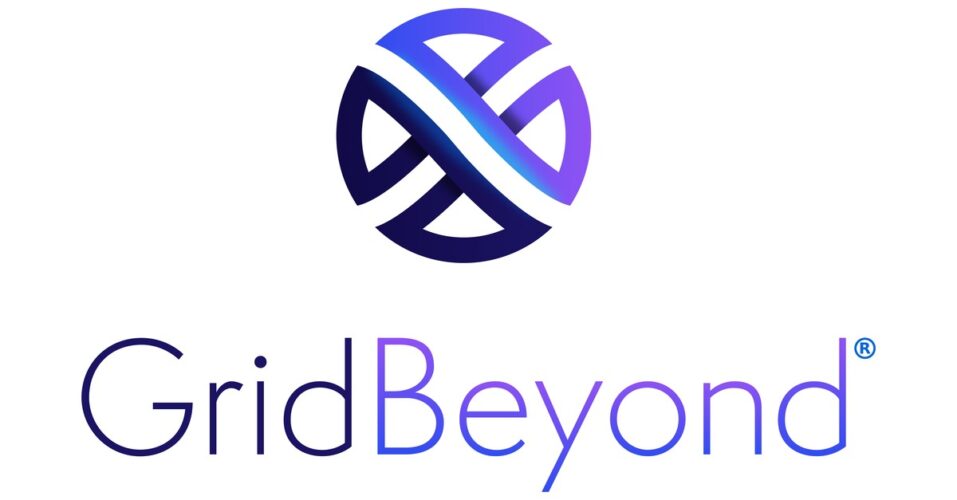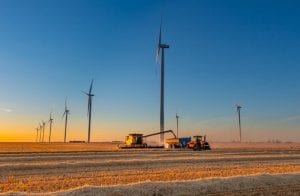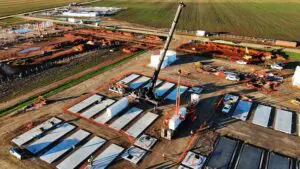In an era defined by uncertainty, complex geopolitical tensions, volatile supply chains and the urgent need for rapid cuts in global emissions, the energy transition has reached a critical inflection point. But the need to reach net zero remains as critical as ever.
The 2021–23 global energy crisis had far-reaching impacts on the global energy system, disrupting supply and demand patterns and fracturing long‐standing trading relationships and resulted in many countries facing shortages and increased prices in oil, gas and electricity markets. As a result. emphasis and attention from policy-makers refocussed on security and affordability of energy.
While this implies a detour on the path to net zero, this also signals an under-appreciated benefit of the energy transition—that greater energy security and independence can result from a reduced reliance on imported fossil fuels. But have companies, countries and consumers taken advantage of this? In this webinar, we examine the key trends that commentators – including GridBeyond’s experts – agree will be at the forefront of discussions about developments in the energy sector in 2024 and beyond.
We look at the reality of, expectations for, and pathways towards net-zero, evaluate whether we on the right track, explore how the gaps can be bridged by action and technology, and ask what can be done by policy-makers, regulators and industry to move the energy transition from target and trajectories to net zero.

This webinar was made possible by GridBeyond and recorded on May 28, 2024.
- Giles Parkinson – Founder & Editor,
Renew Economy
Amandine Denis-Ryan – Chief Executive Officer, IEEFA Australia - Lisa Balk – Sales Director Australia, GridBeyond
- Ed Ahmed – Regional Director Australia, GridBeyond








